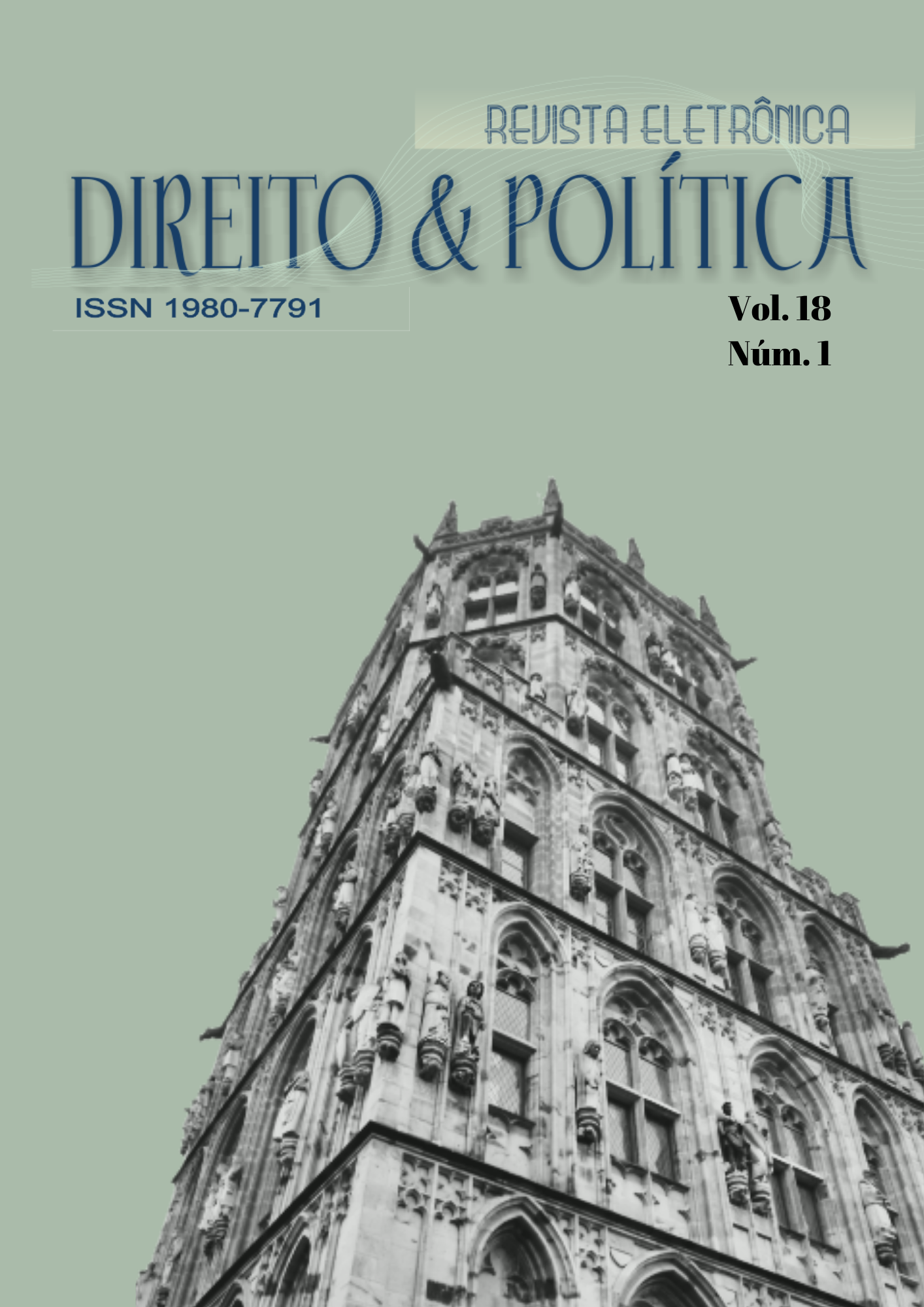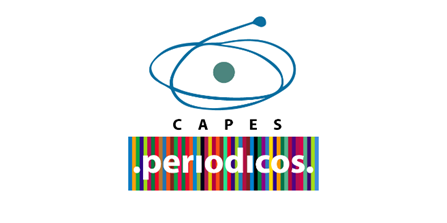EFFECTIVENESS IN TAX LAW AND THE USE OF CRIMINAL PROTECTION TO SATISFY FINANCIAL INTERESTS: A PRAGMATIC PERSPECTIVE ON THE CHARACTERIZATION OF TAX MISAPPROPRIATION IN THE LIGHT OF RHC 163.334/SC
DOI:
https://doi.org/10.14210/rdp.v18n1.p1-37Keywords:
Criminal Tax Law, Crimes against tax law, Tax miisappropriation, Judicial decision, Legal PragmatismAbstract
Contextualization: This article addresses the issue of judicial decision-making in Brazil. The problem in this context arises from the verification of the inefficiency of traditional legal dogmatics to propose satisfactory subsidies for the critique of jurisprudence by the doctrine.
Objective: The objective of this article is to bring to the reader new ways of analyzing judicial decisions, in addition to those interpretation methods brought by traditional and systematized doctrine in the 18th century. The proposed method is legal pragmatism, contextualized within the scope of the effectiveness of Tax Law and the limits to the State's taxing power, based on the use of criminal protection. Everything, with emphasis on the pragmatist attributes, the theory of judicial decision, the constitutional principle of proportionality and the subsidiarity of Criminal Law.
Methodology: Through qualitative research and literature review, data collection and analysis in judicial decision repositories, we investigated the legal repertoire as a limiting factor to the incidence of criminal protection, under the terms of item II, of art. 2, of Law 8.137/90 and RHC 166.334/SC, a paradigmatic decision of the Federal Supreme Court that gave a new interpretation to the legal command that typifies the crime of tax appropriation, with repercussions both in Criminal Law and in Tax Law.
Results: From the analysis of a paradigmatic decision of the Federal Supreme Court, it is possible to conclude that the traditional methods of legal dogmatics are insufficient to encompass the textual and contextual complexity of the judicial decision. In this sense, a new approach to jurisprudence is necessary to make it possible to outline new legal bases for a critical analysis of how Brazilian courts decide. Legal pragmatism seems to be a conglomerate and apt method to accomplish this objective.
Downloads
References
BARROSO, Luís Roberto. Interpretação e aplicação da Constituição: fundamentos de uma dogmática constitucional transformadora. São Paulo, Saraiva, 1996.
CAMARGO, Margarida Lacombe. O Pragmatismo no Supremo Tribunal Federal Brasileiro, in: Vinte Anos da Constituição Federal de 1988, Coord. Cláudio Pereira de Souza Neto, Sarmento e Binenbojm, Rio de Janeiro: Lumen Juris, 2009.
CAPPELLETTI, Mauro. Juízes legisladores? Porto Alegre: Sergio Antonio Fabris, 1993.
CARVALHO, Paulo de Barros. Curso de direito tributário. 21ª ed. São Paulo: Saraiva, 2009.
ENGISCH, Karl. Introdução ao pensamento jurídico. Tradução de João Baptista Machado. 11ª ed. Lisboa: Fundação Calouste Gulbenkian, 2014.
FEBRAJO, Alberto. Verso um concetto sociologido di diritto. Milano: Guffré editore, 2010.
FERRAZ JÚNIOR, Tércio Sampaio. Introdução ao estudo do direito: técnica, decisão, dominação. 11ª ed. São Paulo: Atlas, 2019.
FREUD, Sigmund. Além do princípio do prazer. Tradução de Maria Rita Salzano Moraes. São Paulo: Autêntica, 2020.
KAUFMANN, Arthur. Filosofia do direito. 5ª ed. Lisboa: Fundação Calouste Gulbenkian, 2014.
KELSEN, Hans. Teoria pura do direito. Tradução de João Baptista Machado. 2. ed. São Paulo: Martins Fontes, 1987.
GRAU, Eros Roberto. Por que tenho medo dos juízes: a interpretação/aplicação do direito e os princípios). São Paulo: Malheiros, 2021.
MACCORMICK, Neil. Legal reasoning and legal theory. Oxford: Clarendon, 1978.
PEIRCE, Charles Sanders. Semiótica. 3ª edição. São Paulo, Ed. Perspectiva, 1999.
________. Writings of Charles S. Peirce. Vol. 3. Indiana: University Indianapolis, 1986.
POSNER, Richard Allen. Law, pragmatism and democracy. Cambridge: Harvard University Press, 2003. DOI: https://doi.org/10.4159/9780674042292
________. Overcoming law. Cambridge: Harvard University Press, 1995.
________. Reflections on judging. Cambridge: Harvard University Press, 2013.
TOMÉ, Fabiana Del Padre. Vilém Flusser e o constructivismo lógico-semântico. In: Vilém Flusser e Juristas, coord. Florence Haret e Jerson Carneiro, São Paulo: Noeses, 2009.
TUZET, Giovanni. Legal Abduction. In Cognitio, São Paulo, Vol. 6 nº 2, p. 265-284, jul./dez. 2005.
VILANOVA, Lourival. As estruturas lógicas e o sistema de direito positivo. 4ª ed. São Paulo: Noeses, 2010.
Downloads
Published
How to Cite
Issue
Section
License
Na qualidade de autor(es) da colaboração, original e inédita, sobre o qual me(nos) responsabilizo(amos) civil e penalmente pelo seu conteúdo, após ter lido as diretrizes para autores, concordado(amos) com o Regulamento da Revista Eletrônica Direito e Política e autorizo(amos) a publicação na rede mundial de computadores (Internet), permitindo, também, que sua linguagem possa ser reformulada, caso seja necessário, sem que me(nos) seja devido qualquer pagamento a título de direitos autorais, podendo qualquer interessado acessá-lo e/ou reproduzi-lo mediante download, desde que obedeçam os Direitos Autorais.


















